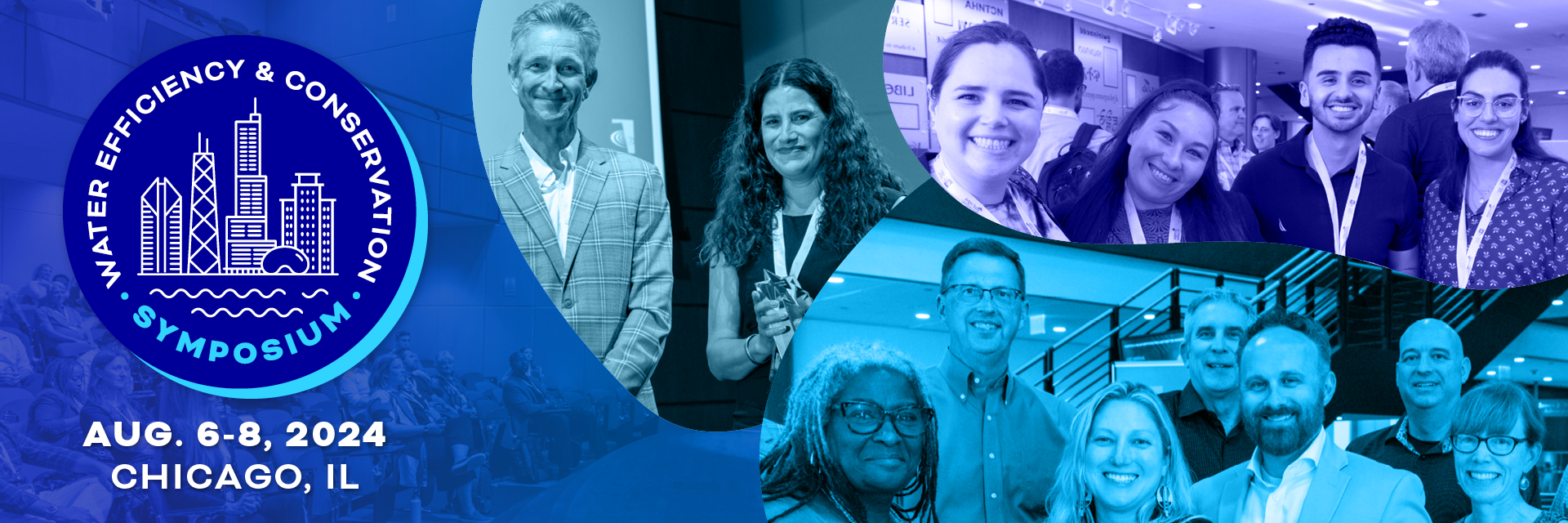ABSTRACT SUBMISSIONS
Submission Link & Timeline
The goal is to notify program contributors by March 1, 2024, and to release the Symposium program by May 31, 2024. You will submit the abstract submission form via the JotForm link above, which will auto-send you a confirmation email (please check junk or spam folders). Liesel Hans, Director of Programs, will notify you about your status once all abstracts have been reviewed. Questions? Please reach out to Liesel at liesel@a4we.org
Presenting at the Symposium
We believe learning should be fun and is best advanced through interaction with ideas and people. Symposium sessions will include a combination of facilitated panels, short presentations, and workshops. Sessions will feature an interactive component to create space for audience engagement and two-way learning. You are invited to submit an idea for an entire session or an idea that can be woven into a session with other presenters who have proposed similar ideas. We encourage you to consider your abstract submission as a jumping-off point from which we will collaborate to create a compelling session that fits into the broader program.
Session Overview
Core Program Topics
- Advanced Metering Infrastructure
- Capacity Building & Workforce Development
- Climate Change
- Commercial, Industrial, Institutional Water Use
- Communications & Outreach
- Diversity, Equity, Inclusion, Justice
- Drought
- Irrigation
- Landscapes
- Local Policy, Codes, Regulations, Ordinances, Enforcement
- Multi-Family
- Program Evaluation & Improvement
- Stakeholder Engaging
- State Policy, Regulations, Legislation
- Water Affordability
- Water Efficiency in Water-Rich Regions
- Water-Energy Nexus
- Water Loss & Leaks: Customer-side or Utility-side
- Working with Customers
- Working with Tribal Communities
Submission Drafting Tips & Tricks
- Choose a clear and concise title that is catchy and accurately reflects your idea.
- Plan your abstract thoroughly before writing it. A high-quality submission addresses the problem or question, the evidence/data, and the solutions/conclusions. It is important to give an overview of what you specifically intend to include in the presentation.
- Sentences should be short to convey the needed information and free of words, phrases, or otherwise extraneous information/context that do not add value.
- Sentences should be in an active voice.
- Avoid obscure jargon.
- Proofread all content before submitting; you can draft your content in an editing application like Microsoft Word and/or ask a colleague to review your draft.
- Keep your audience in mind as you prepare your abstract.






